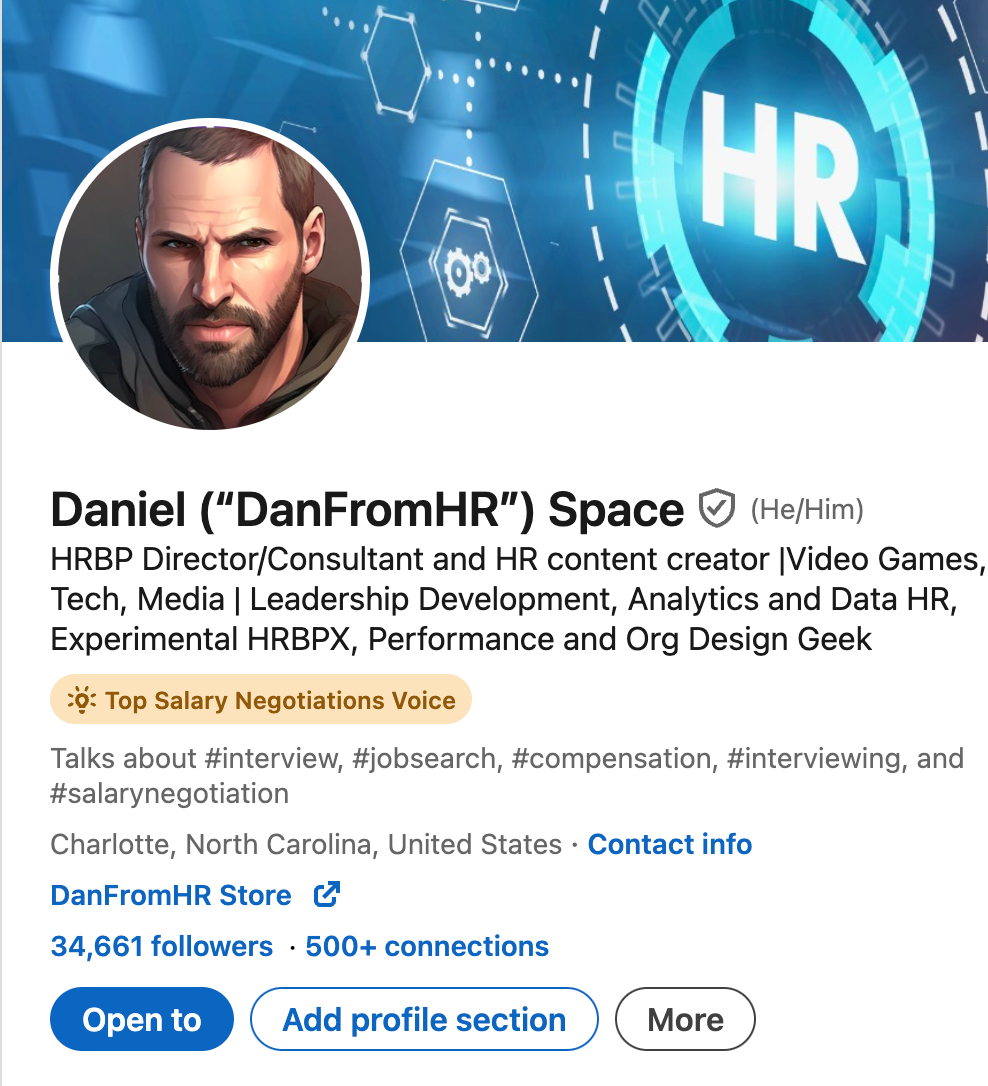
Negotiating Internal Promotions
Welcome to the first edition of my Q and A box, in which I answer commonly asked questions I get regarding corporate America, and notably how to succeed in it.
Every time I make a Tiktok, IG or twitter post about how to negotiate for more pay, I'm inevitably asked (usually many times): "How do you negotiate for better pay for a job change or promotion?"
So to be direct, you usually can not negotiate an internal role or promotion. At the basic level, when we accept a new role as a candidate we have leverage in the fact the company wants us, that means they have to be open to negotiation. For internal promotions, this isn't the case, we don't really have leverage. By saying you aren't going to take a role if a promotion doesn't meet your financial expectations, in many cases that doesn't really put the team or company at risk, they can instead try to find another employee instead.
The biggest thing to know is that promotions are almost always capped. Every company I've worked for has set a % limit on promotions. The idea of this is to validate and ensure that everyone is treated fairly through the compensation vehicle, but as anyone with logic can attest to, this policy and way of thinking quickly collapses on itself.
The best example is to think in terms of base salary. I've had cases where we were promoting two employees on a team who had very different levels. Let's say employee A earns $150,000 as a senior manager and employee B earns $60,000 as an associate. We would be given the budget to promote both up to 12% - this means employee A gets a nice 18k boost up to 168k, but employee B only gets $7200 and doesn't even cross the 70k threshold.
This style of processing promotions leads to paradoxes in which trying to keep things fair through a % cap actually causes large disparities based on how much the employee was originally making.
The good news is while it's not likely you can negotiate, it's very possible for you to see a healthier increase by instead asking targeted questions.
First - thank them for considering you and valuing your work to promote you.
When you get the salary information, ask these questions:
- "What is my CompRatio (CR) in this new role?"
This is a unit of measurement we in HR use to discuss your placement in the range. We find it by taking your salary and dividing by where the range calls for true mastery (badly named the midpoint), which is 1. Your CR is a relationship to that 1. So let's say you earn 75,000 - telling me that does absolutely nothing. That salary could mean a huge increase for a lot of people, or a huge decrease for others.
Instead - if you tell me you earn 75,000 and the MP for the role is 90,000 - that I can work with. To calculate your CR we take your current salary and divide it by the MP or 75 / 90 or .83 which means your in a generally healthy place within the range, but the company believes you have some growth to do in order to be paid closer to 1.
In the same example, if you earn 96,000 your CR is 1.06, which means you are paid above mastery and it's likely you'll start seeing less salary increases until you move a level and the company instead will reward you with larger bonuses or equity if possible.
Asking what the CR will be in your new role provides you a valuable data point. If the CR is at least .85 it means you are in a healthy place in the range, If it's above 1 you are paid above the range. If it's below .8 it means you are being undervalued.
Once you have this information, you can ask more targeted questions:
- "What is the average salary for other employees in this role? Especially new hires". If they say they can't disclose that, then ask: "What methods do you have in place to ensure that all employees doing the same role are paid fairly against the role requirements and with each other?"
- "If I was being offered this role as a new hire, how would this salary match?"
- "When was the last time a salary review was done for this team, and have their been any market adjustments?"
- "How are the salaries reviewed against gender and ethnicity pay gaps?"
- "How soon would my salary be reviewed and what are the objective measurements of what "exceeds expectations" look like?
These questions allow to subtly but directly learn about compensation and if there are concerns or discrepancies in the answer, then you focus on that.
For example - if your CR in the new role is .77, asking something like "that seems really low for someone you believe can do the role through a promotion. I'm currently at .98 in my role now, so I think a CR of 85-.90 is a more accurate placement of where my abilities would be. Can this be reviewed?
While I understand this article isn't great news for people who want to earnestly negotiate promotions or progressions, I hope understanding how the system works and instead asking targeted questions can have the same result.
If you have any questions, please feel free to email me at Info@DanFromHR with the subject Q and A.
~ Daniel
- Choosing a selection results in a full page refresh.

